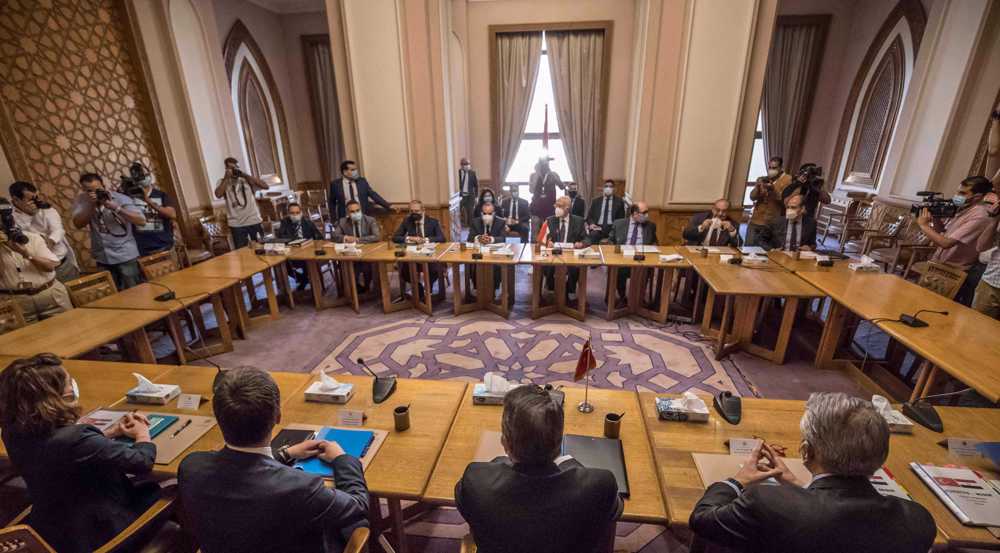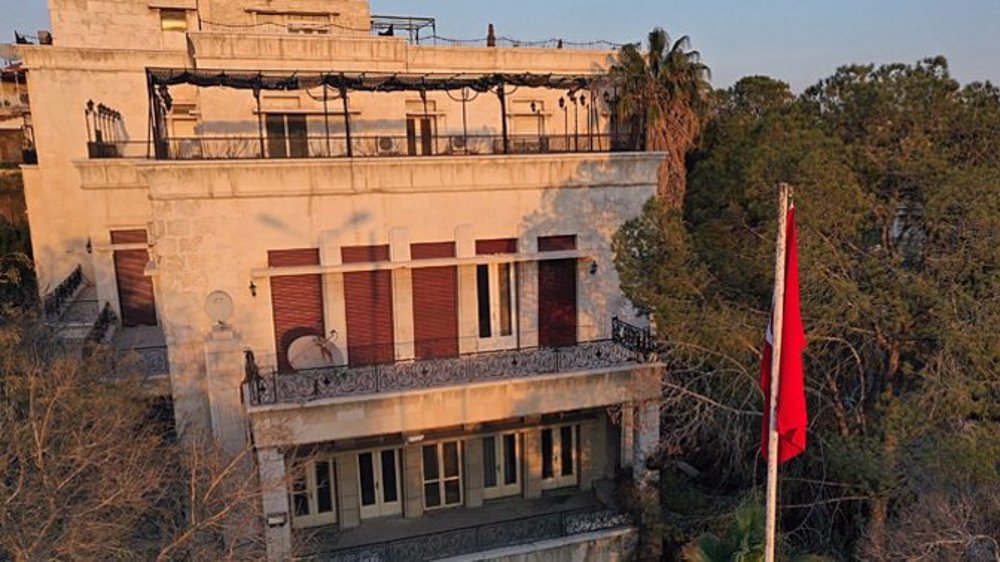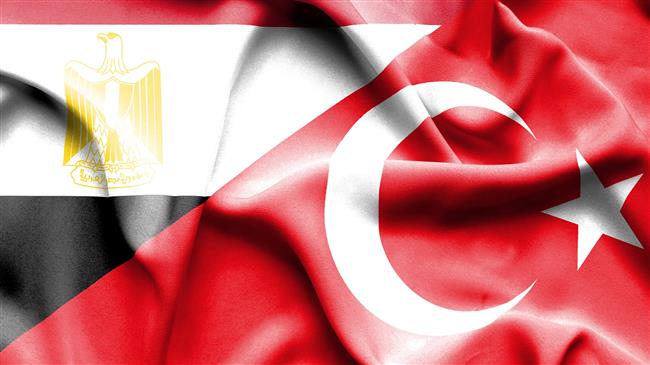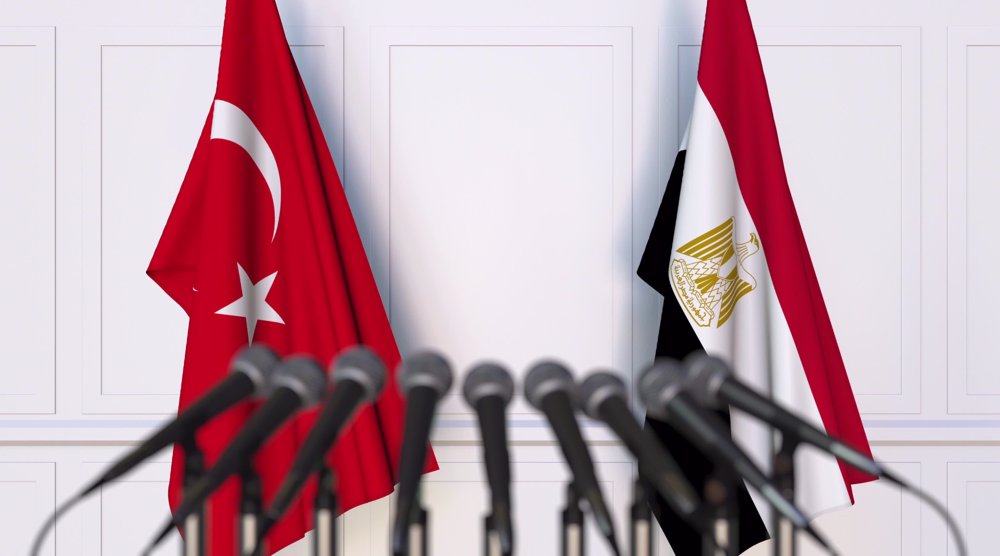Erdogan says Turkey seeks to restore friendship with Egypt
Turkish President Recep Tayyip Erdogan says his country seeks to expand talks with Egypt to mend their fractured ties and restore their "historic" friendship.
The Turkish president made the remarks after diplomats from both countries held two days of political consultations in the Egyptian capital, Cairo, on Wednesday and Thursday. He also promised that dialog would continue.
"A new process (with Egypt) has started," Erdogan told reporters in Istanbul on Friday.
"In this process, first our intelligence agencies started talks, followed by the members of the foreign ministries," he said.
"We will expand, develop, and continue this," he said, adding, "We are making efforts to restore our historic relations, not as enemies but as friends."
On Wednesday, a delegation headed by Turkish Deputy Foreign Affairs Minister and Ambassador Sedat Onal arrived in Cairo for talks after years of political estrangement between the two countries.
The following day, Onal and his Egyptian counterpart, Hamdi Sanad Loza, described the discussions as "frank and in-depth."
The foreign ministers of both countries had earlier announced that the talks were focused on the necessary steps that may lead to the normalization of relations between the two countries.
Turkish Foreign Minister Mevlut Cavusoglu first announed last month that Ankara had made "diplomatic contact" with Cairo through their intelligence services.
The talks led to a mutually agreeable strategy, according to Cavusoglu, who said later that he could meet his Egyptian counterpart as well.
Turkey and Egypt have been at odds over several issues, including the conflict in Libya and maritime borders in the eastern Mediterranean Sea.
The presidents of the two countries have been sparring since the Egyptian military's 2013 ouster of the then-Egyptian President Mohamed Morsi.
Erdogan refused to accept President Abdel Fattah el-Sisi as the legitimate president of Egypt.
Sisi is also opposed to Turkey's claims in the eastern Mediterranean.
Tensions further escalated between them when the conflict in Libya began, with Cairo and Ankara backing rival sides.
Libya descended into chaos in the aftermath of the 2011 NATO-backed uprising that ousted long-time dictator Muammar Gaddafi. The country had since 2014 been split between two rival seats of power, namely the internationally-recognized government, and another group based in the eastern city of Tobruk, protected by rebels.
Since the selection this year of a new interim Libyan prime minister, both Egypt and Turkey have appeared more open to a political solution to that conflict.
VIDEO | Yemen; a bone in Israeli neck
D-8’s role in Iran’s economy after Cairo summit
China slams US as ‘war-addicted’ threat to global security
China ‘firmly opposes’ US military aid to Taiwan
VIDEO | Press TV's News Headlines
President Yoon Suk Yeol to be removed from office
At least 19 Gazans killed by Israeli airstrikes since dawn: Medics
Leader: Iran neither has nor needs proxy forces












 This makes it easy to access the Press TV website
This makes it easy to access the Press TV website